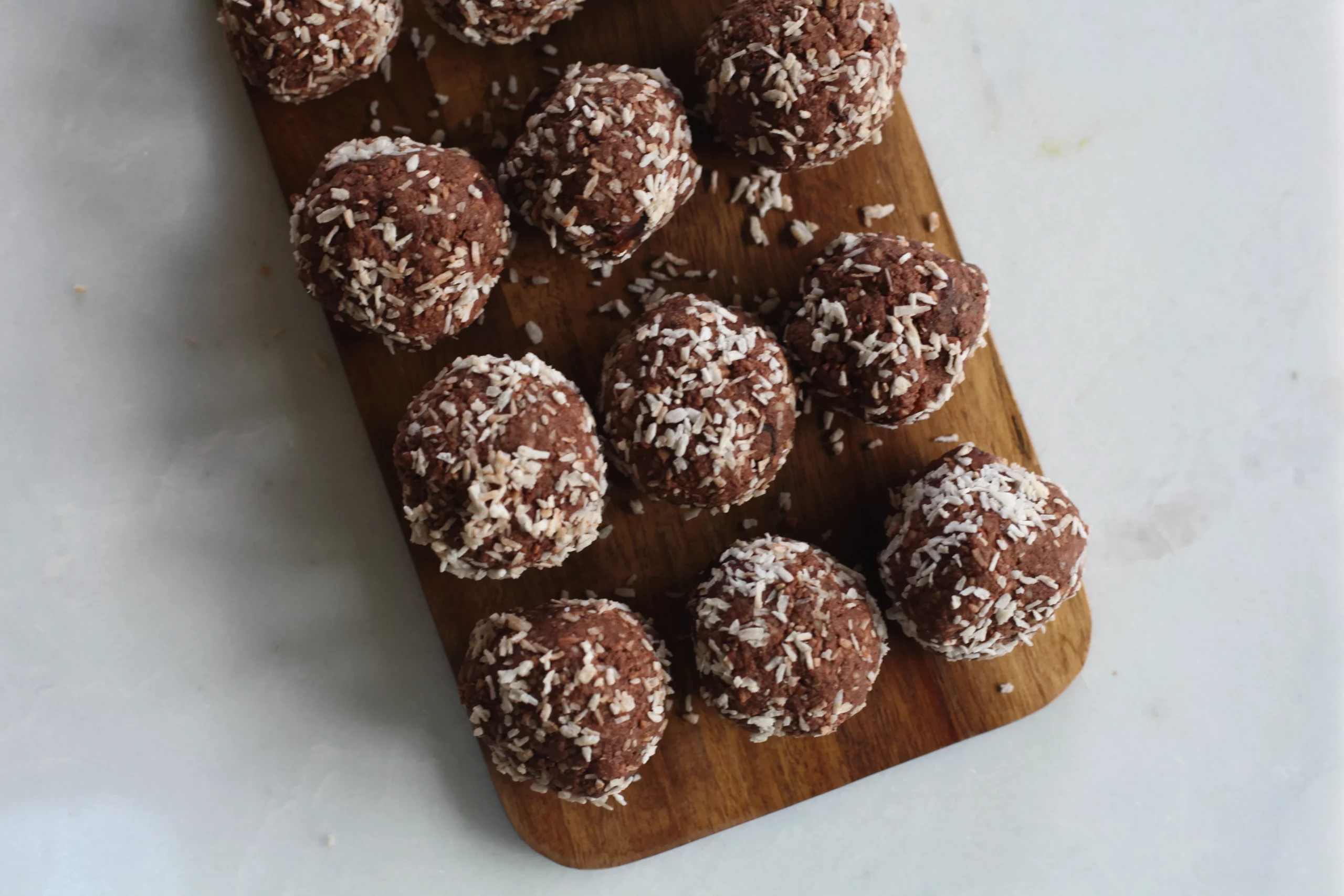Address
Cecil Street, #08-07,
Tung Ann Association Building,
Singapore, 069541
Address
Cecil Street, #08-07,
Tung Ann Association Building,
Singapore, 069541

Eating healthy is an essential part of living a healthy lifestyle, and planning your snacks is just as important as planning your meals. When you plan your snacks, you can ensure that you are getting the right nutrients and energy to fuel your body throughout the day. In this article, we will discuss some tips on how to plan healthy snacks that will help you achieve your health goals.
Identify Your Nutritional Needs
Before planning your healthy snacks, it is important to identify your nutritional needs. The nutritional requirements of each individual vary depending on factors such as age, gender, and activity level. You can use an online calculator or consult with a registered dietitian to determine your daily caloric intake and nutrient requirements. Once you have determined your nutritional needs, you can start planning your snacks around those requirements.
Choose Nutrient-Dense Snacks
When choosing healthy snacks, it is important to choose nutrient-dense options. Nutrient-dense snacks are those that are high in vitamins, minerals, and other essential nutrients, but relatively low in calories. Some examples of nutrient-dense snacks include:
Plan Ahead
Planning your snacks ahead of time is crucial to maintaining a healthy diet. When you plan your snacks in advance, you can ensure that you have healthy options on hand when hunger strikes. Take some time each week to plan out your snacks for the week ahead. Make a list of the snacks you want to eat and then go grocery shopping to stock up on the necessary ingredients. You can also prep your snacks ahead of time, such as cutting up fruits or portioning out snacks into individual servings.
Portion Control
Portion control is important when it comes to healthy snacking. Even healthy snacks can add up in calories if you eat too much of them. To prevent overeating, portion out your snacks ahead of time, so you know exactly how much you are eating. For example, if you are snacking on nuts, measure out a handful rather than eating straight from the bag. If you are snacking on fruit, cut it up into bite-sized pieces to make it easier to portion out.
Keep It Interesting
Eating the same snacks every day can get boring, which can make it harder to stick to a healthy eating plan. To keep things interesting, try to mix up your snacks and experiment with new flavours and ingredients. For example, instead of always eating plain Greek yogurt, try adding some energy balls or exotic dried fruits for added flavour and texture. Or, swap out your usual apple slices for Power Pads
Mindful Eating
Mindful eating is an important aspect of healthy snacking. Mindful eating involves paying attention to your body’s hunger and fullness signals and being present at the moment while you eat. Avoid mindlessly snacking while watching TV or scrolling through your phone. Instead, take a break and focus solely on your snack. Pay attention to your snack’s flavours, textures, and aromas, and stop eating when you start to feel full.
In conclusion, planning healthy snacks is an essential part of maintaining a healthy lifestyle. By identifying your nutritional needs, choosing nutrient-dense snacks, planning ahead, practicing portion control, keeping things interesting, and practicing mindful eating, you can ensure that your snacks are helping you achieve your health and wellness goals. Remember, healthy snacking doesn’t have to be boring or tasteless. With a little planning and creativity, you can enjoy delicious and nutritious snacks that will keep you fuelled and energized throughout the day.
Explore the Ready to go snack ranges created by Mother Nature healthy Delight. Our products are: – 100% natural – Free from preservatives – Free from sulphur dioxide – Free from additives – GMO free. Our products are Vegan certified by the Vegan Society